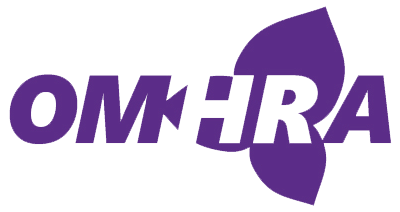
In recent years, a growing trend has emerged in the Canadian healthcare industry – the implementation of preferred pharmacy networks (PPNs) by insurance companies. In this article, we will explore the impact of PPNs exclusive arrangements on employees’ mental health.
Insurance companies in Canada are implementing exclusive deals with pharmacies and drug suppliers, known as preferred pharmacy networks (PPNs), to manage the rising costs of prescription drugs. The agreements mostly cover expensive specialty drugs that treat conditions that are complex, chronic, or life-threatening, such as rheumatoid arthritis, Crohn’s disease, multiple sclerosis, and cancer. Services often include expert advice and guidance from trained nurses. While these arrangements aim to reduce premiums for specialized drug care, they can limit an employee’s access to specific pharmacies or suppliers, impacting their psychological well-being and safety.
One consequence of these exclusive deals is the disruption of established relationships employees may have with their local pharmacists. People often develop close connections with their pharmacist, who provides personalized care and support. When forced to switch pharmacies due to exclusive deals, employees may experience emotional distress as they lose the familiarity and trust they have built. They may be uncomfortable changing providers and that could lead to mental stress.
These exclusive deals may also diminish a person’s sense of choice and autonomy in managing their own healthcare. People value their independence and decision-making abilities, and this loss of control can lead to frustration, and potentially a loss of confidence in the PPN arrangement. Some employers will offer an open or voluntary PPN model which is less restrictive and allows employees to choose from one of the approved PPN pharmacies or their pharmacy of choice, outside of the PPN network.
Either way, if your employee group healthcare plan includes a specialty drug care program, providing clear communications and support can help to mitigate the psychological impact of using of a PPN.
In conclusion, these exclusive deals with pharmacies and drugs suppliers can be a good cost-management strategy for you as an employer, however it is important to keep in mind that there are significant implications for your employee’s psychological safety and well-being security and happiness. By addressing these issues and prioritizing affordable access to medications, potential negative effects can be mitigated, and special care services will promote the overall mental health of your employees.
Presented by

Archives
Categories
- Attraction and Recruitment
- Benefits
- Celebrating Success and Recognition
- Change Management
- Conflict Resolution and Coaching
- Culture
- Diversity, Equity and Inclusion
- Emotional Intelligence
- Employee Engagement
- Employee Performance
- Labour Disruption
- Mentoring
- OMHRA activities
- OMHRA Events
- Psychological health and safety of the HR professional
- Recruitment
- Recruitment and Retention
- Retention
- Uncategorized
- Unique ideas for recruiting in a tight job market
- Wellness
Recent Posts
- How Leadership Development Coaching Provides Better Outcomes
- Better Leadership: Focus on a Coach Approach
- Creating a Psychologically Safe Workplace
- Group Health Insurance – The Impact of Preferred Pharmacy Networks on Employees’ Mental Health
- Provide Real Support For Your Mid-Career Team’s Psychological Resilience

